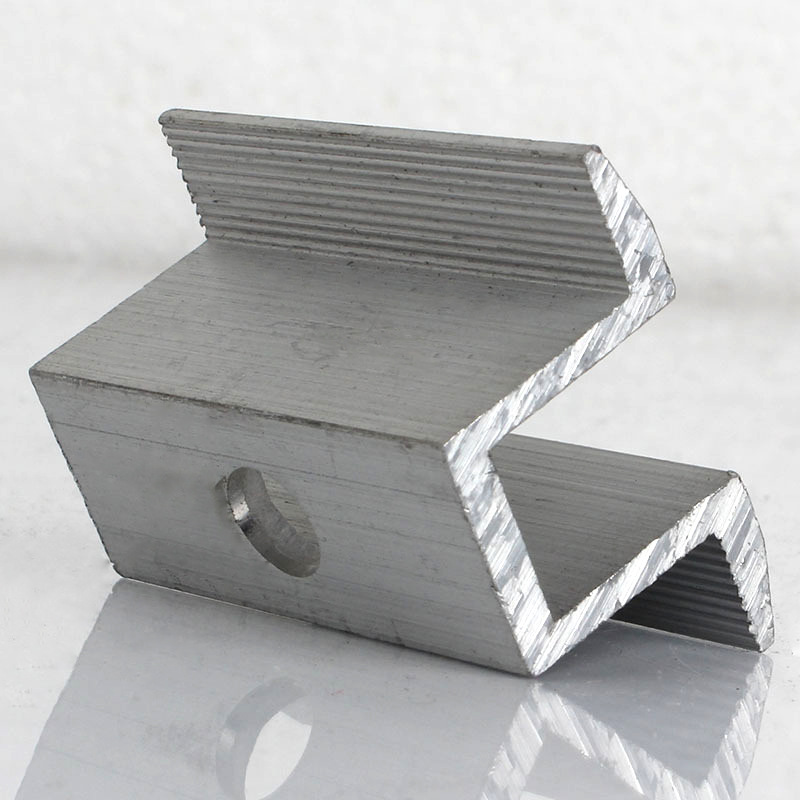

High-Quality Hot Dip Galvanized Washers for Enhanced Rust Protection and Durability
Okt . 17, 2024 22:54 Back to list
High-Quality Hot Dip Galvanized Washers for Enhanced Rust Protection and Durability
Understanding Hot Dip Galvanized Washers Benefits and Applications
When it comes to fastening components in industrial applications, the significance of washers cannot be overstated. Among the various types of washers available, hot dip galvanized washers have gained attention due to their exceptional properties and durability. This article will explore what hot dip galvanized washers are, their advantages, and the diverse applications in which they are used.
What are Hot Dip Galvanized Washers?
Hot dip galvanized washers are fastening devices made from metals, typically steel, which have been coated with a thick layer of zinc through the hot dip galvanizing process. This process involves immersing the metal components in molten zinc at temperatures exceeding 450°C. As a result, the zinc bonds with the steel to create a durable, corrosion-resistant surface.
The outcome is a washer that not only maintains its structural integrity but also provides a protective barrier against environmental factors such as moisture and chemicals. This feature makes hot dip galvanized washers especially effective in outdoor or harsh conditions.
Advantages of Hot Dip Galvanized Washers
1. Corrosion Resistance The primary advantage of hot dip galvanized washers is their significant resistance to corrosion. The zinc coating provides a protective layer that prevents rust formation, thus extending the lifespan of the washer and the assembly it supports.
2. Durability Hot dip galvanized washers can withstand heavy loads and rough environmental conditions. The thickness of the zinc coating offers enhanced durability compared to other methods of galvanization, such as electroplating.
4. Versatility These washers can be produced in various shapes and sizes to meet the specific requirements of different applications. From flat washers to lock washers, the versatility of hot dip galvanized washers makes them suitable for numerous construction and manufacturing uses.
hot dip galvanized washer

5. Environmental Resistance Hot dip galvanized washers can resist a variety of environmental factors. They are particularly well-suited for applications near water, chemicals, and extreme temperatures, making them a preferred choice in construction, agriculture, and marine environments.
Applications of Hot Dip Galvanized Washers
The robust nature of hot dip galvanized washers makes them applicable in various industries
- Construction In the construction sector, these washers are extensively used in structural assemblies, supporting connections, and securing joints. They provide the necessary stability and longevity required for buildings and infrastructure.
- Automotive The automotive industry utilizes hot dip galvanized washers in vehicle manufacturing, especially in components exposed to the elements, such as undercarriages and exteriors. Their corrosion resistance contributes to vehicle longevity.
- Agricultural Equipment Farming equipment often operates in environments that promote rust and corrosion. Hot dip galvanized washers are ideal for use in tractors, trailers, and other machinery that are regularly exposed to moisture and soil.
- Marine Applications The marine industry requires components that can withstand saline environments. Hot dip galvanized washers serve this need exceptionally well, providing reliable fastening solutions for boats, docks, and offshore structures.
- Energy Sector In renewable energy applications, such as wind turbines and solar panels, these washers ensure secure connections amid varying weather conditions.
Conclusion
Hot dip galvanized washers are an integral component in a wide range of applications owing to their superior corrosion resistance, durability, and versatility. As industries seek long-lasting and dependable fastening solutions, the popularity of these washers continues to grow. Whether used in construction, automotive, agriculture, marine, or energy sectors, hot dip galvanized washers offer reliable performance that meets the demanding requirements of modern engineering and applications. Investing in quality hot dip galvanized washers ensures the longevity of both the fastener and the overall assembly, making them an essential choice for engineers and manufacturers alike.
Latest news
-
Hot Dip Galvanized Bolts-About LongZe|High Strength, Corrosion Resistance
NewsJul.30,2025
-
High-Strength Hot Dip Galvanized Bolts - Hebei Longze | Corrosion Resistance, Customization
NewsJul.30,2025
-
Hot Dip Galvanized Bolts-Hebei Longze|Corrosion Resistance&High Strength
NewsJul.30,2025
-
High-Strength Hot-Dip Galvanized Bolts-Hebei Longze|Corrosion Resistance&High Strength
NewsJul.30,2025
-
Hot Dip Galvanized Bolts-Hebei Longze|Corrosion Resistance&High Strength
NewsJul.30,2025
-
Hot Dip Galvanized Bolts - Hebei Longze | Corrosion Resistance, High Strength
NewsJul.30,2025

